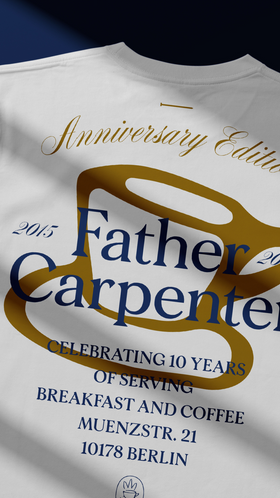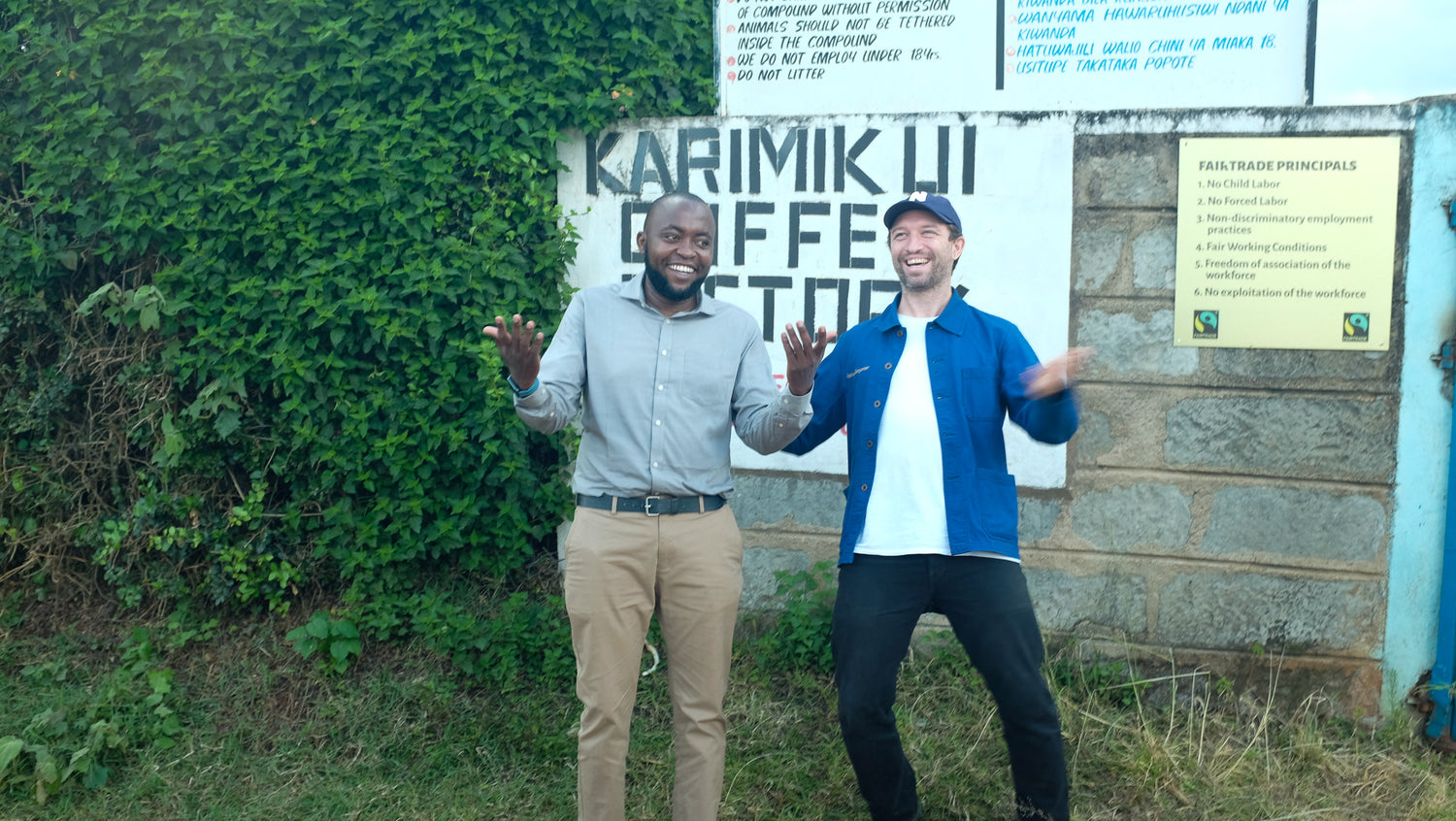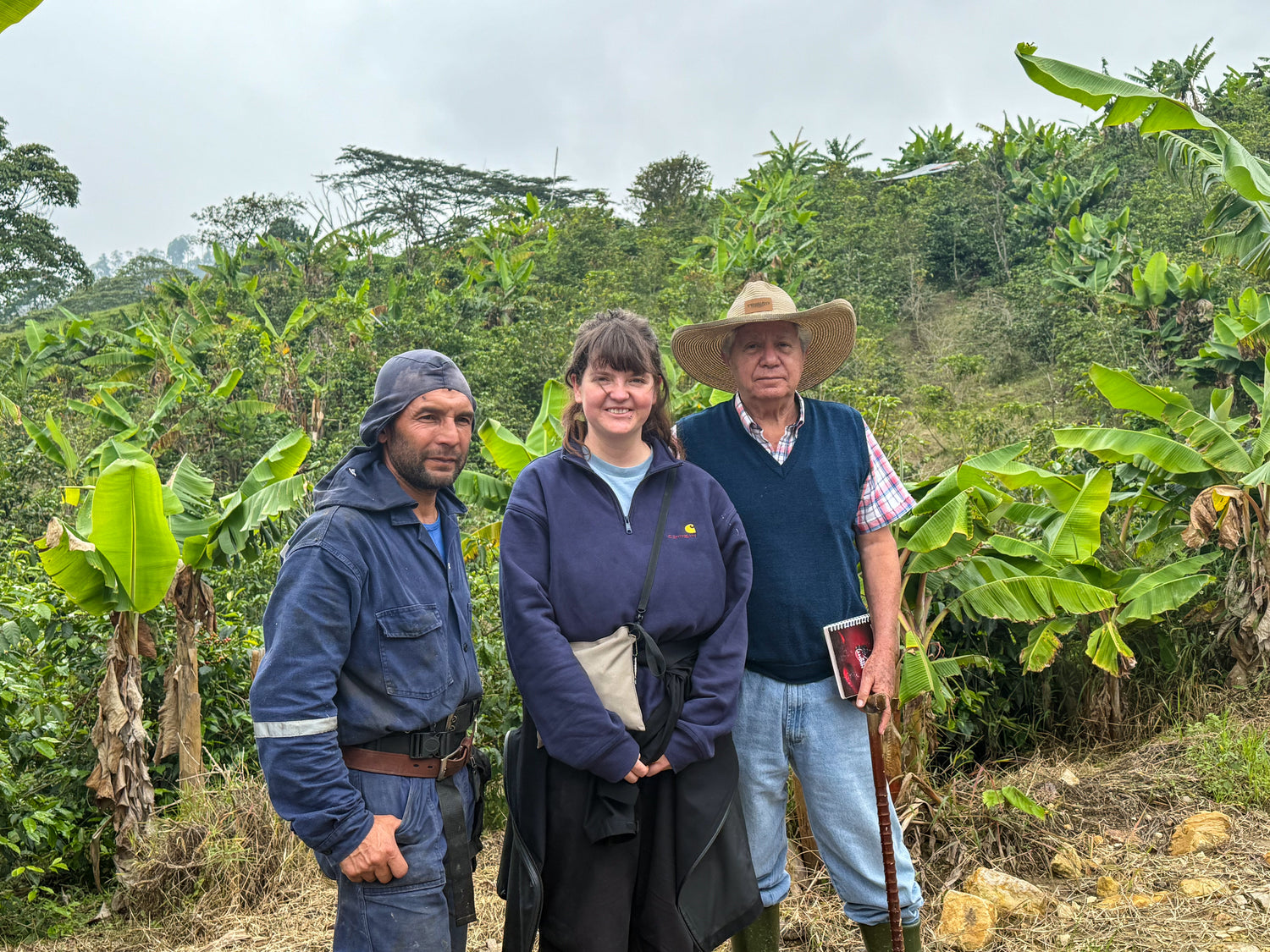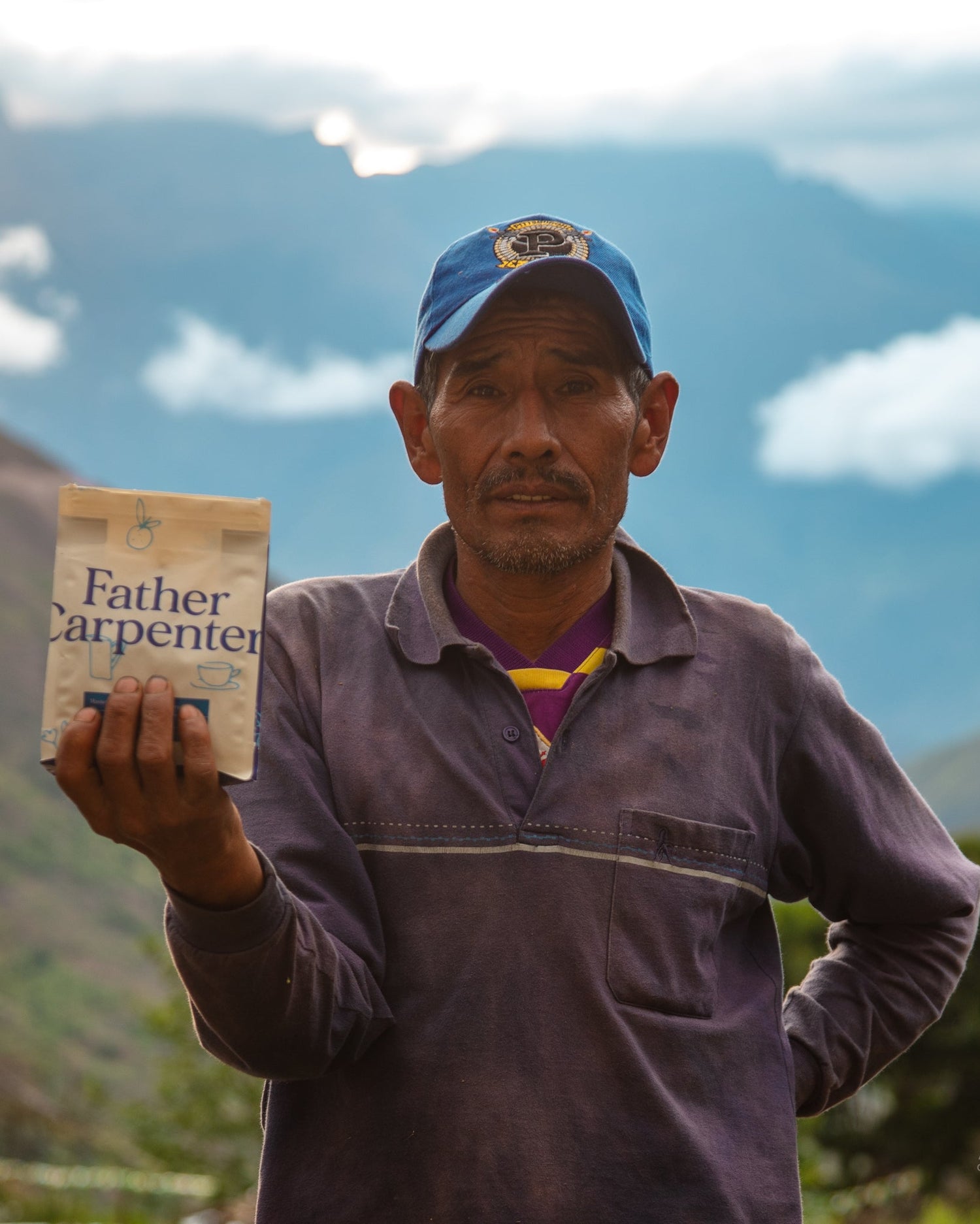Sourcing
Travelling to origin sits at the heart of our sourcing approach. It's where we build new relationships, and learn from the shifting landscapes that shape each harvest. These journeys inform not only how we source coffee, but how we understand it — season by season, region by region.
Spending time on the ground offers a deeper sense of the work behind each lot. The climate, the soil, the people — all leave their imprint. It’s a reminder that every coffee carries a story, shaped as much by place and terroir, as by variety process.
Here is a little insight into a few of the countries we source from.






